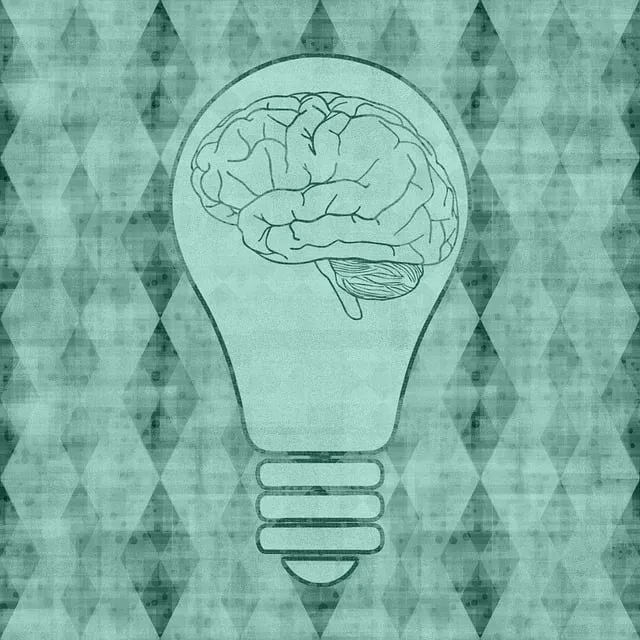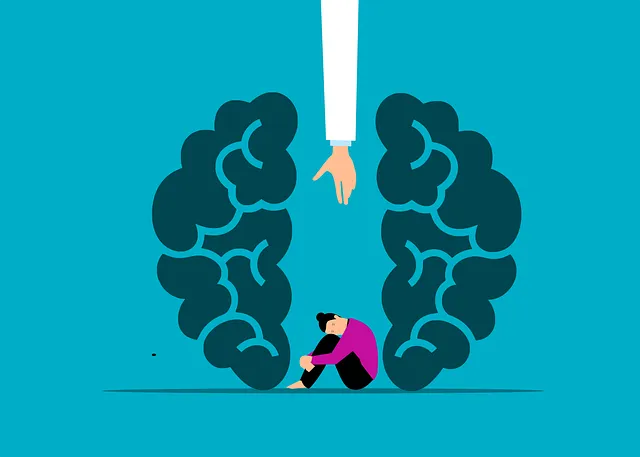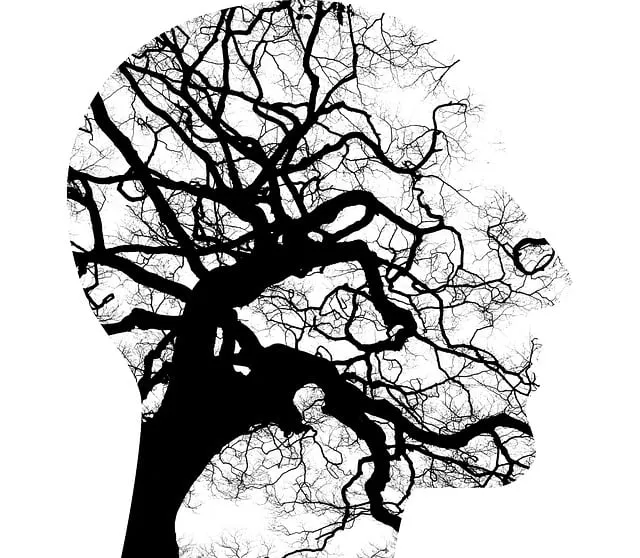Resilience is a key asset in tackling life's challenges, making Recovery, Resilience, and Mental Health (RFM) frameworks increasingly vital. Centennial Kaiser Permanente offers crucial resources like a dedicated mental health phone number and support services to empower individuals with mental fortitude through RFM principles. Their workshops on stress reduction and self-care provide practical tools for managing stress, fostering collective resilience, and improving mental health outcomes. Organizations can adopt this model by integrating resilience exercises into their strategies, promoting open discussions on mental wellness, and utilizing resources like the Centennial Kaiser Permanente mental health phone number for professional support.
In today’s fast-paced and often unpredictable world, building resilience is paramount for individuals and organizations alike. This article explores the power of RFM (Resilience, Flexibility, and Mobility) in fostering mental well-being and operational agility. We provide a comprehensive guide on implementing resilience exercises tailored for organizations, offering practical steps to enhance preparedness. Furthermore, we study the Centennial Kaiser Permanente model, highlighting their innovative use of phone services for delivering effective mental health support through the Centennial Kaiser Permanente mental health phone number.
- Understanding RFM and its Significance in Resilience Building
- Implementing Resilience Exercises: A Step-by-Step Guide for Organizations
- The Centennial Kaiser Permanente Model: A Case Study on Effective Mental Health Support through Phone Services
Understanding RFM and its Significance in Resilience Building

Resilience is a vital asset in navigating life’s challenges and setbacks. This is where RFM (Recovery, Resilience, and Mental Health) steps into the spotlight as a transformative framework. RFM focuses on building mental fortitude, fostering adaptability, and promoting healthy coping mechanisms. By understanding one’s unique RFM profile, individuals can enhance their ability to bounce back from adversity, a skill increasingly recognized as essential for overall well-being. This approach is especially significant in today’s fast-paced world where stress and anxiety are prevalent.
Centennial Kaiser Permanente offers valuable resources, including mental health phone numbers and support services, to help individuals embark on their resilience-building journey. Their initiatives often include Stress Reduction Methods and Self-Care Routine Development for Better Mental Health workshops, designed to empower people with practical tools for managing stress. These sessions encourage participants to explore personal resilience strategies, fostering a sense of control and empowerment. Additionally, organizing community-wide Stress Management Workshops can create a supportive environment, enabling folks to share experiences and learn from one another, ultimately strengthening their collective mental health and resilience.
Implementing Resilience Exercises: A Step-by-Step Guide for Organizations

Implementing Resilience Exercises: A Roadmap for Organizations
Building resilience within an organization is a strategic process that fosters emotional intelligence and mental wellness among employees, ultimately enhancing their ability to navigate challenges. To initiate this journey, leaders should begin by defining clear goals aligned with the organization’s mission and values. Next, they must select exercises tailored to these objectives, considering factors like team dynamics and individual needs. This might include stress management techniques, mindfulness practices, or group activities designed for emotional exposure and support.
Once chosen, resilience exercises should be integrated into regular team meetings or dedicated wellness sessions. Start with small, manageable steps, allowing participants to gradually embrace the practices. Provide resources such as mental health phone numbers, like the one offered by Centennial Kaiser Permanente, to ensure employees have access to professional support when needed. Over time, build upon these initial efforts, fostering a culture where open discussions about mental wellness are encouraged and burnout prevention becomes a shared priority through the Development of coaching programs that promote Emotional Intelligence.
The Centennial Kaiser Permanente Model: A Case Study on Effective Mental Health Support through Phone Services

The Centennial Kaiser Permanente Model highlights a successful approach to providing mental health support through phone services. This innovative strategy has significantly enhanced accessibility and improved patient outcomes, particularly in a time when many individuals may face barriers to seeking traditional in-person therapy. By leveraging technology, the program offers a range of services catering to diverse needs, including depression prevention and positive thinking strategies.
The model’s effectiveness lies in its comprehensive risk management planning tailored for mental health professionals. Through dedicated phone lines, trained staff can provide immediate assistance, offer coping mechanisms, and refer patients to appropriate resources. This case study serves as a compelling example of how integrating digital solutions into mental healthcare can lead to better-equipped professionals and improved resilience among their clients.
Resilience is a vital asset for organizations and individuals alike, enabling them to navigate challenges and thrive. The RFM framework offers a structured approach to building this resilience, as demonstrated by the successful implementation at Centennial Kaiser Permanente through their mental health phone services. By following a comprehensive guide, organizations can effectively integrate resilience exercises into their strategies, fostering a culture of emotional well-being and adaptability. The case study highlights the power of accessible resources, such as the dedicated Centennial Kaiser Permanente mental health phone number, in supporting individuals’ mental health journeys. This holistic approach to resilience building ensures that folks have the tools to cope with life’s demands and emerge stronger.






